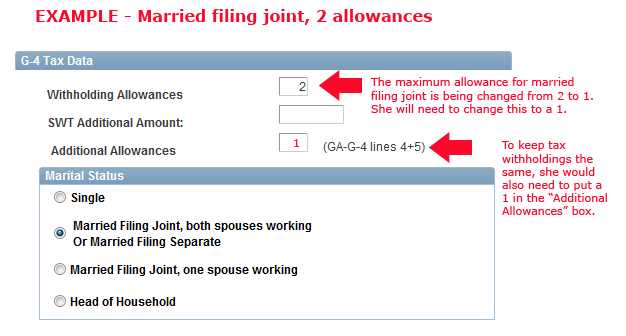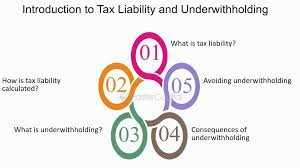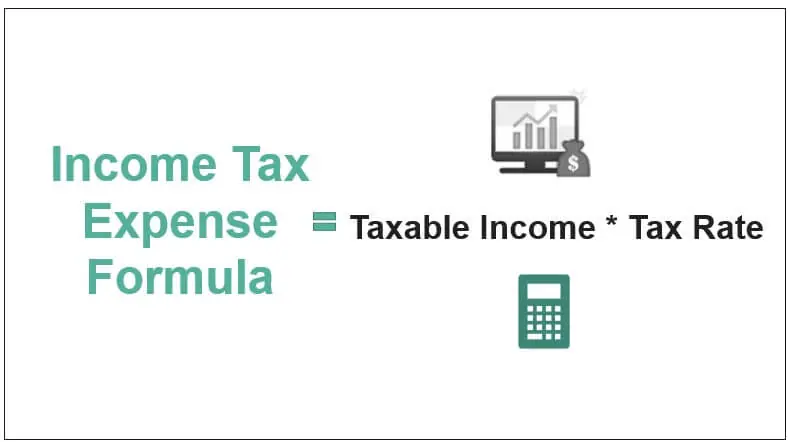Vertical Equity: Understanding the Concept, Mechanisms, and Real-Life Examples
What is Vertical Equity? Vertical equity is a concept in taxation that aims to distribute the tax burden fairly among individuals or groups with different levels of income or wealth. It is based on the principle that those who have more should contribute more to the overall tax revenue, while … …






